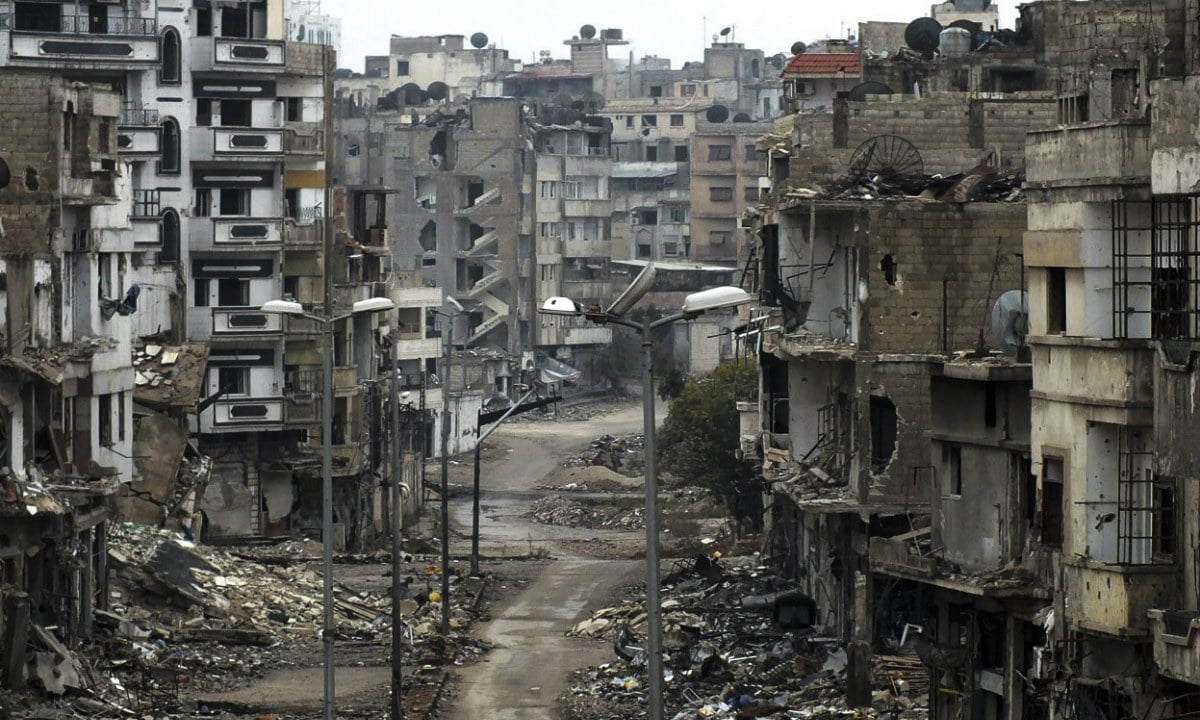Exploring War-Torn Cities: Immersing Yourself in Conflict Zones as a Solo Traveler
February 15, 2024

Exploring war-torn cities as a solo traveler can be a deeply enriching and eye-opening experience, but it requires careful planning, sensitivity, and awareness of potential risks. Here are some tips for immersing yourself responsibly in conflict zones:

- Research Extensively: Before embarking on your journey, thoroughly research the history, current political situation, and safety conditions of the region you plan to visit. Understand the causes and dynamics of the conflict to gain a deeper insight into the context of the area.
- Stay Informed: Continuously monitor the news and updates about the region to stay informed about any developments or changes in the security situation. Consider subscribing to local news sources and forums where travelers share real-time information.
- Respect Local Customs and Sensitivities: Be mindful of cultural norms, traditions, and sensitivities. Dress modestly and respectfully, and avoid behaviors that may offend locals. Respect religious sites, monuments, and memorials.
- Connect with Locals: Engage with locals to gain perspectives on the conflict and its impact on their lives. Listen attentively to their stories and experiences, and approach sensitive topics with empathy and understanding. Building relationships with residents can provide valuable insights and enhance your experience.
- Exercise Caution: Assess the risks associated with visiting specific areas within the conflict zone, and exercise caution accordingly. Avoid traveling to high-risk areas or participating in activities that may endanger your safety. Stay vigilant and trust your instincts.
- Travel Light and Blend In: Minimize conspicuous belongings and avoid flashy attire or accessories that may attract unwanted attention. Try to blend in with the local population to reduce the risk of being targeted as a tourist.
- Seek Local Guidance: Consider hiring a reputable local guide who is familiar with the area and can provide valuable insights, navigate complex situations, and ensure your safety. Local guides can also help you access off-the-beaten-path locations and hidden gems.
- Be Prepared for Emergencies: Familiarize yourself with emergency procedures and contact information for local authorities, embassies, and consulates. Carry essential items such as a first-aid kit, emergency cash, and necessary medications.
- Maintain a Low Profile Online: Exercise discretion when sharing your travel plans and experiences on social media to avoid attracting unwanted attention or jeopardizing your safety. Consider delaying posts until after you have left the conflict zone.
- Reflect and Process: Take time to reflect on your experiences and emotions during your journey. Engage in meaningful conversations with fellow travelers. Journal your thoughts to process the complexities of the conflict and its impact on the local population.
Conclusion
Remember that exploring war-torn cities comes with inherent risks, and it’s essential to prioritize your safety at all times. While exploring war-torn cities can offer profound insights and transformative experiences, it’s crucial to approach these journeys with humility, empathy, and a commitment to responsible travel.
When traveling to conflict zones, be sure that you can still stay connected to your friends and family back home with a reliable communication plan. With a global SIM card from BNESIM, you can customize your communication plan according to your budget and needs. BNESIM offers reliable coverage in 200+ different countries, allowing you to enjoy high-speed internet, international calling, and texting for up to 95% less than your typical phone bill—without having to pay any roaming charges or extra fees. Click here to see how easy it is to get started!